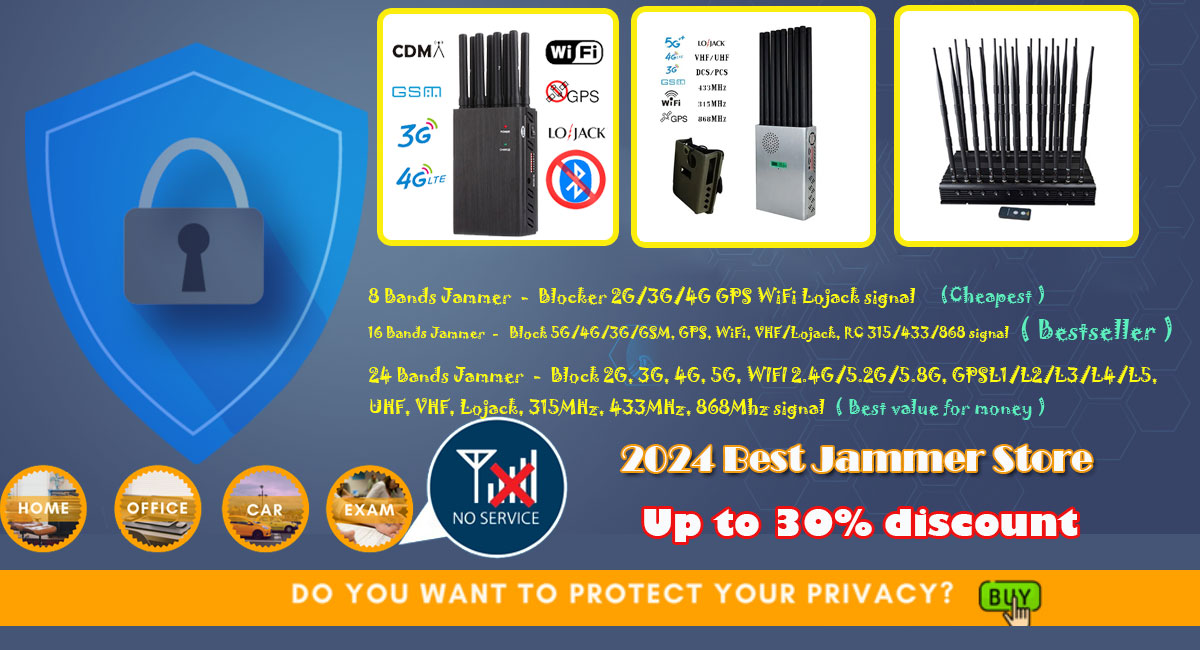In an era where our digital footprints often overshadow our physical ones, the need to exercise privacy when surfing the web has become more critical than ever. With every click, search, and interaction online, we leave behind a trail of personal data that can be tracked, analyzed, and potentially exploited. Whether it's safeguarding sensitive information from prying eyes or maintaining anonymity in a world of constant surveillance, here are some essential tips for exercising privacy when surfing online.

1. Use Privacy-Focused Search Engines
Consider utilizing privacy-focused search engines such as DuckDuckGo, Startpage, or Swisscows instead of mainstream options like Google. These alternatives prioritize user privacy by not tracking or storing your search history or personal information.
2. Enable Private Browsing Mode
Most modern web browsers offer a private browsing mode (such as
Chrome's Incognito mode or Firefox's Private Browsing) that prevents your browsing history, cookies, and other data from being stored locally. While this won't completely anonymize your online activity, it can help prevent others who have access to your device from seeing your browsing habits.
3. Utilize Virtual Private Networks (VPNs)
A VPN encrypts your internet connection and routes it through a remote server, masking your IP address and providing anonymity online. Choose a reputable VPN provider and ensure that they have a strict no-logs policy to minimize the risk of your data being stored or shared.
4. Secure Your Connection
When connecting to public Wi-Fi networks, be cautious of potential security risks. Avoid accessing sensitive information or logging into accounts that contain personal or financial details when using public Wi-Fi unless you're using a VPN or other encryption methods to secure your connection.
5. Review Privacy Settings
Take the time to review and adjust the privacy settings on your social media accounts, web browsers, and other online services. Limit the amount of personal information you share publicly and consider adjusting settings to restrict who can see your posts, photos, and personal details.
6. Use Strong, Unique Passwords
Create strong, unique passwords for each of your online accounts to minimize the risk of unauthorized access. Consider using a reputable password manager to generate and securely store complex passwords for you.
7. Be Mindful of Cookies and Trackers
Regularly clear your browser's cookies and cache to remove tracking data that advertisers and websites use to monitor your online behavior. You can also install browser extensions or plugins that block trackers and ads to further enhance your privacy.
8. Educate Yourself About Phishing and Scams
Stay informed about common online threats such as phishing scams, malware, and social engineering tactics. Be cautious of unsolicited emails, messages, or requests for personal information, and verify the authenticity of websites before entering sensitive data.
9. Keep Software Updated
Ensure that your operating system, web browser, and security software are up to date with the latest patches and security updates. Vulnerabilities in outdated software can be exploited by attackers to compromise your privacy and security.
10. Support Privacy Advocacy Efforts
Stay engaged in discussions about digital privacy and support organizations and
initiatives that advocate for stronger privacy protections and user rights online. By raising awareness and demanding accountability from policymakers and tech companies, we can collectively work towards a more privacy-respecting internet.
In conclusion, safeguarding your privacy when surfing online requires a combination of awareness, proactive measures, and technological tools. By implementing these essential tips and adopting a privacy-first mindset, you can take control of your online presence and minimize the risks associated with digital surveillance and data exploitation. Remember, privacy is a fundamental right, and exercising it online is essential for maintaining autonomy, security, and dignity in the digital age If you have any sort of concerns pertaining to where and ways to make use of
Allfrequencyjammer.Com, you can contact us at the web page. .